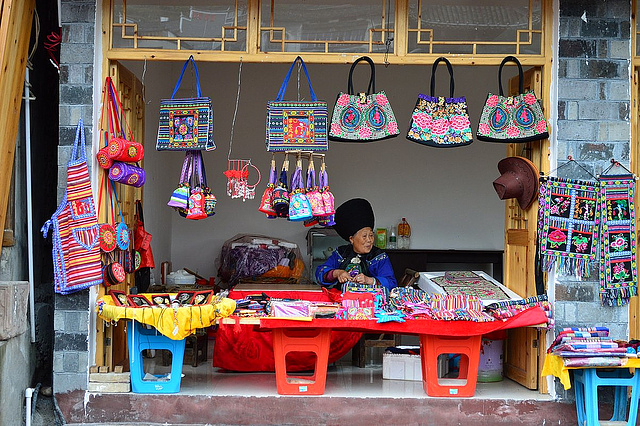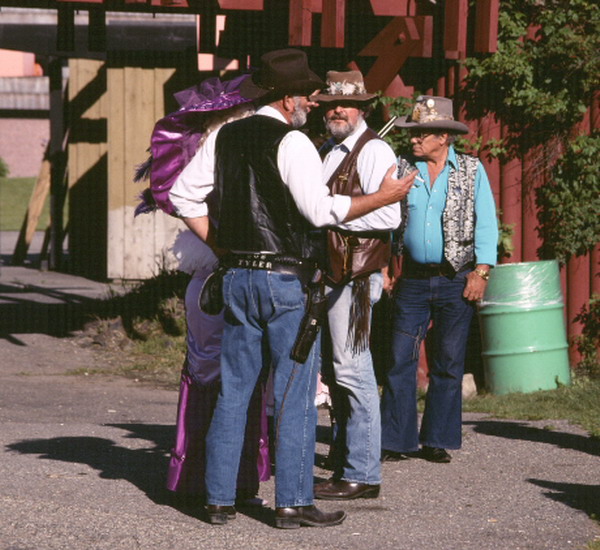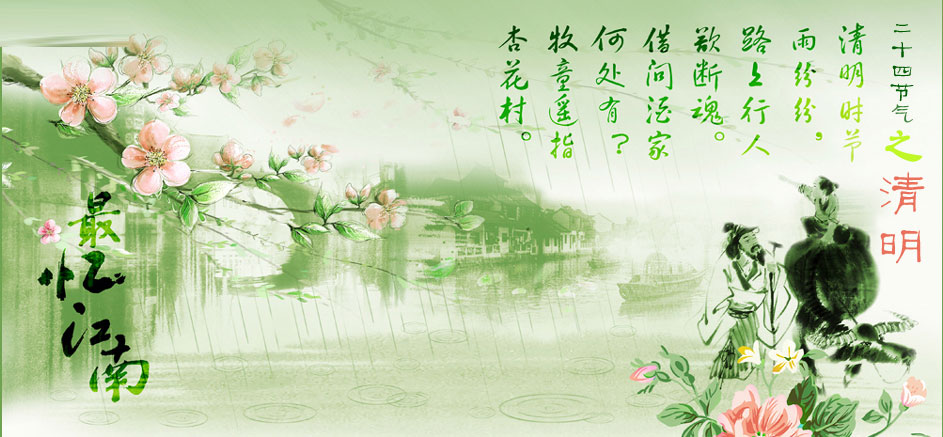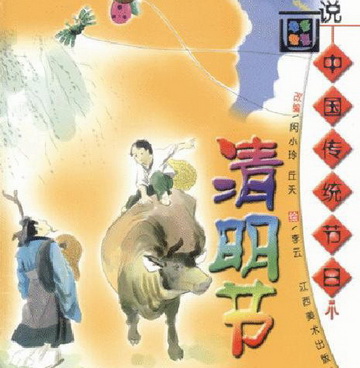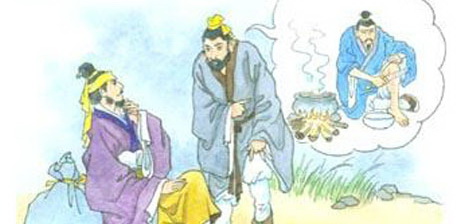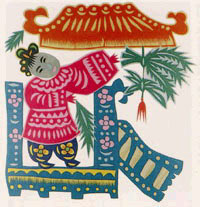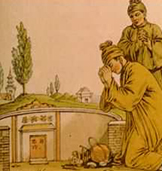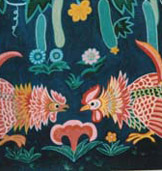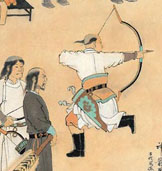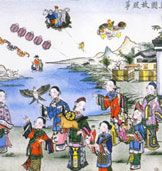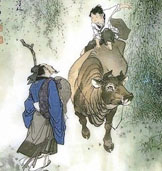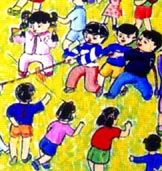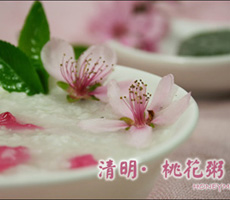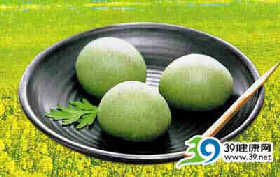|
|
|
 Qingming Festival Qingming Festival 
|
The Qingming Festival is also called Clear Bright Festival, Ancestors Day or Tomb Sweeping Day. Qingming is a traditional Chinese festival on the 104th day after the winter solstice(or the 15th day from the Spring Equinox), usually occurring around April 5 of the Gregorian calendar. The Qingming Festival is the most important day for people to offer sacrifice to ancestors. It started from the Zhou Dynasty, with a history of over 2500 years. Qingming is one of the 24 solar terms in China, indicating the coming of late spring, thus the best plowing and growing time, while "Cold Food Day" is a day when folks sweep the ancestors' tombs and eat cold food. more>>
|
|
|
|
|
清明节
|
|
|
|
The Qingming Festival is an opportunity for celebrants to remember and honour their ancestors at grave sites. Young and old pray before the ancestors, sweep the tombs and offer food, tea, wine, chopsticks, joss paper accessories, and/or libation to the ancestors.
|
|
www.am774.com
Tel:010-65157598 |
|
|

|
Qing Ming Festival is a time to remember the dead and the dearly departed. More important, it is a period to honour and to pay respect to one's deceased ancestors and family members. Because it reinforces the ethic of filial piety, Qing Ming is a major Chinese festival. ……
|
|
|
|
|
|
|
 Tomb-sweeping Tomb-sweeping 
|
|
Literally meaning "clear" (Qing) and "bright" (Ming), this Chinese festival falls in early spring, on the 106th day after the winter solstice. It is a "spring" festival, and it is an occasion for the whole family to leave the home and to sweep the graves of their forebears. Chinese being practical people this sweeping of the graves is given an extended period, that is, 10 days before and after Qing Ming day. Among some dialect groups a whole month is allocated.
|
|
|
|
 Cockfighting Cockfighting 
|
|
A cockfight is a sport between two roosters, held in a ring called a cockpit. The combatants, aptly referred to as gamecocks are specially bred birds, conditioned for increased stamina and strength. The comb and wattle are cut off in order to meet show standards.Cocks are given the best of care until near the age of two years old. They are conditioned, much like professional athletes prior to events or shows.
|
|
|
|
|
|
|
|
|
 Willow Shooting Willow Shooting 
|
|
The Pure Brightness Festival brings with it many fun customs, such as the ancient Sheliu (willow-shooting) and Cuju (a game of kicking balls made of leather and filled with hair). These games no longer exist but have been replaced in modern times by tug-of-war, spring outings, tree planting, tomb sweeping, kite flying and swaying swings.
|
|
|
|
 Kite Playing Kite Playing 
|
|
Kite flying is a traditional sports game widely popular among the Chinese people. The kite, dubbed the earliest flying object of man kind, originated from China over 2,000 years ago. Legend has it that in the Spring and Autumn Period, Lu Ban, the great building master, made a bird-shaped wooden kite that could fly in the air. After that, paper was used to make kites, which were therefore called “paper kites”. Starting the Han Dynasty, kites were used for measurement and sending messages.
|
|
|
 |
|
|
|
 Ta-Qing(Spring Out) Ta-Qing(Spring Out) 
|
|
In contrast to the sadness of the tomb sweepers, people also enjoy hope of Spring on Qing Ming Festival. The Qingming Festival is a time when the sun shines brightly, the trees and grass become green and nature is again lively. Since ancient times, people have followed the custom of Spring outings. At this time tourists are everywhere.
People usually be pure and clean to have an outing and to open the custom of the exhibition of a series of athletic activities, such as dancing, singing, picnics.
|
|
|
|
 Tug of War(Ba He) Tug of War(Ba He) 
|
|
Tug of war, also known as tug o' war, tug war, rope war or rope pulling, is a sport that popular on Qing Ming Festival. In the game, it directly puts two teams against each other in a test of strength. The term may also be used as a metaphor to describe a demonstration of brute strength by two opposing groups, such as a rivalry between two departments of a company. In this scenario, there is a third party who is often considered the "rope" in the tug of war.
|
|
|
|

|
The sweet green rice ball is a Qingming Festival (Tomb Sweeping Day) food popular in Jiangsu and Zhejiang Provinces. It is also a must-have offering at ancestral rituals in the south of the Yangtze River. The custom of making sweet green rice balls dates back to the Zhou Dynasty over 2,000 years ago ...
|
|
|
|
|
|
|
 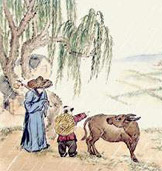
The most well-known sweet green rice balls are those made in Zhengyi Town of Suzhou. To make Zhengyi balls, you need to pick a type of weed called "wheat straw" and wash it before soaking it in a basin full of lime. After a period of time, take the weed out and pound it until it becomes pulp and then squeeze the green juice out.
|
老外怎么看待清明节 |
|
|
|
 |
|
Qing Ming Festival is in Spring and people memory their dead relatives this day. So many famous Chinese poets created lots of poems about Qing Ming in the past. ……
|
|
|
|
|
|



